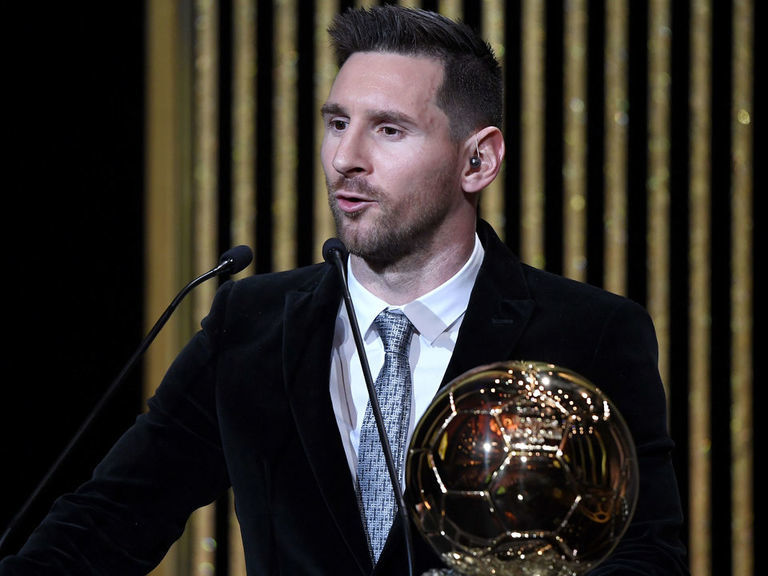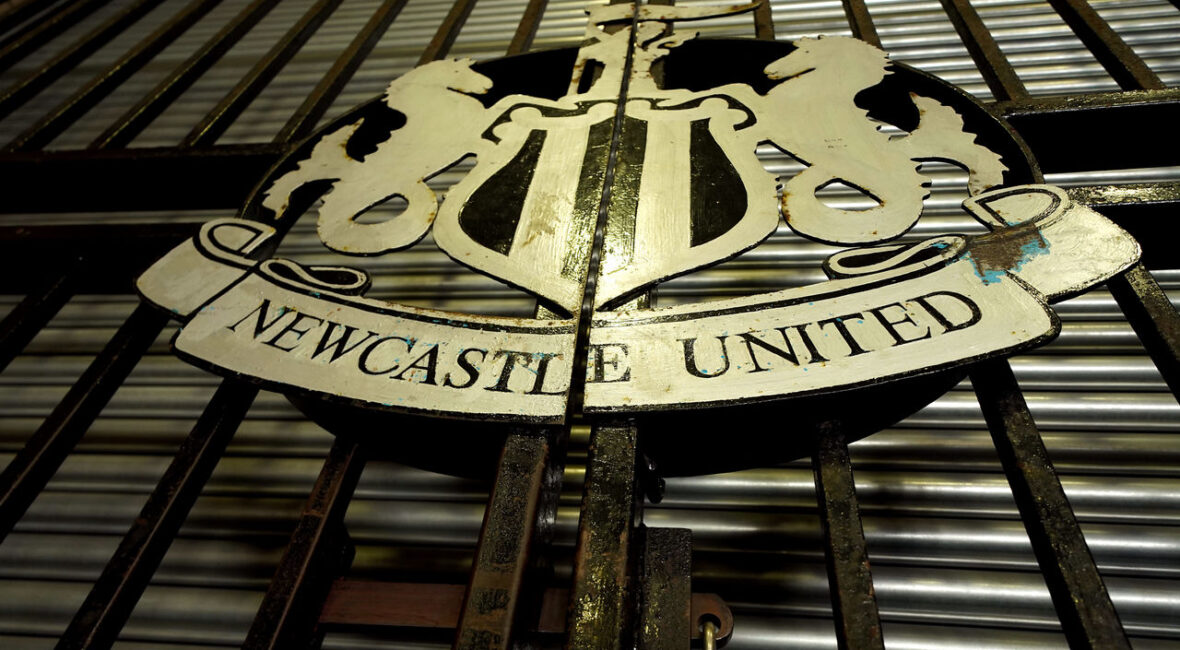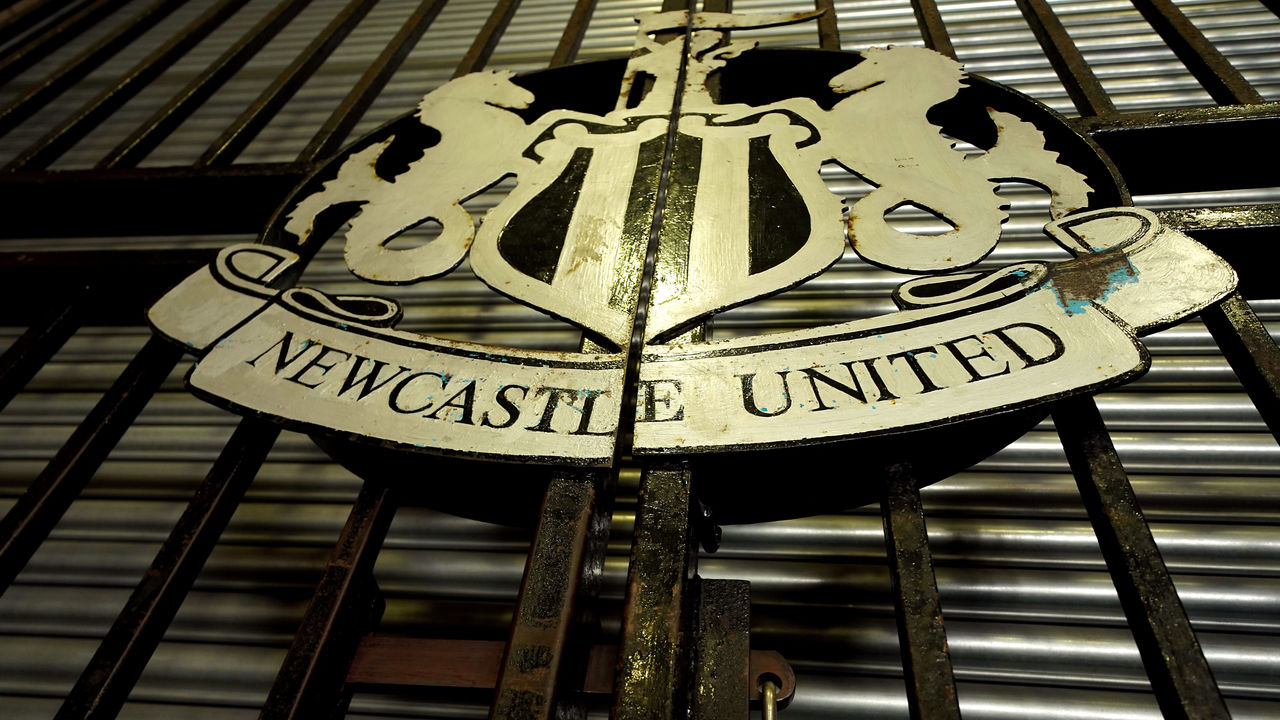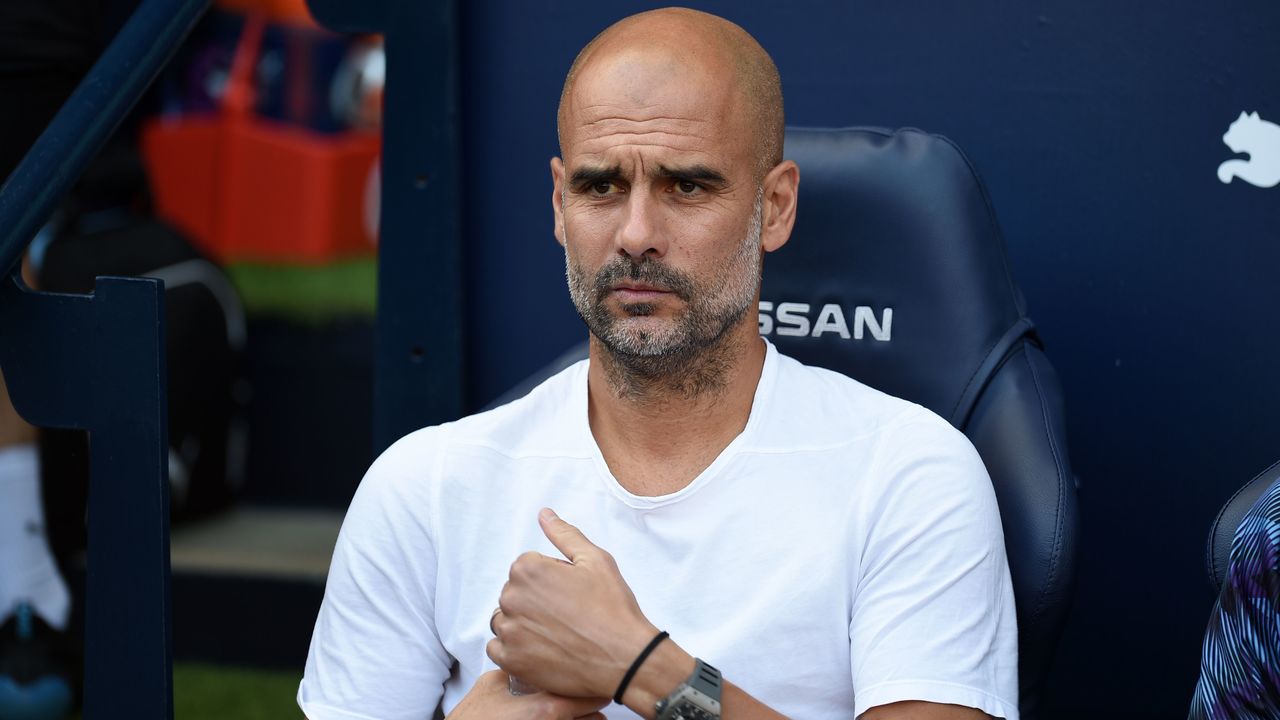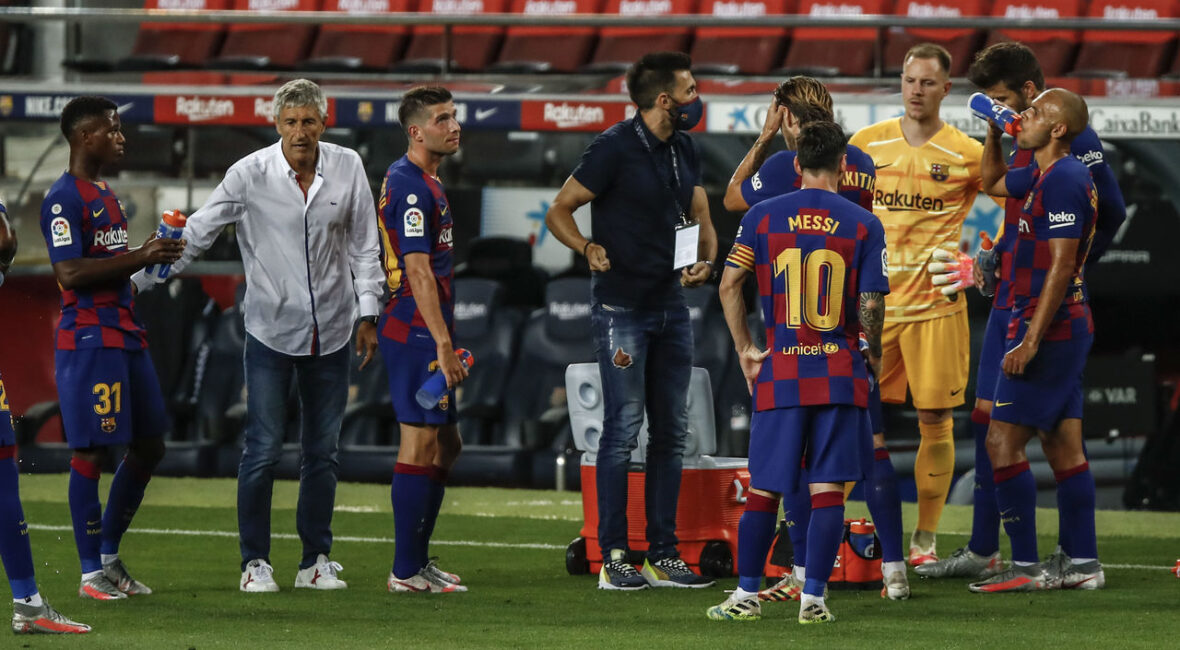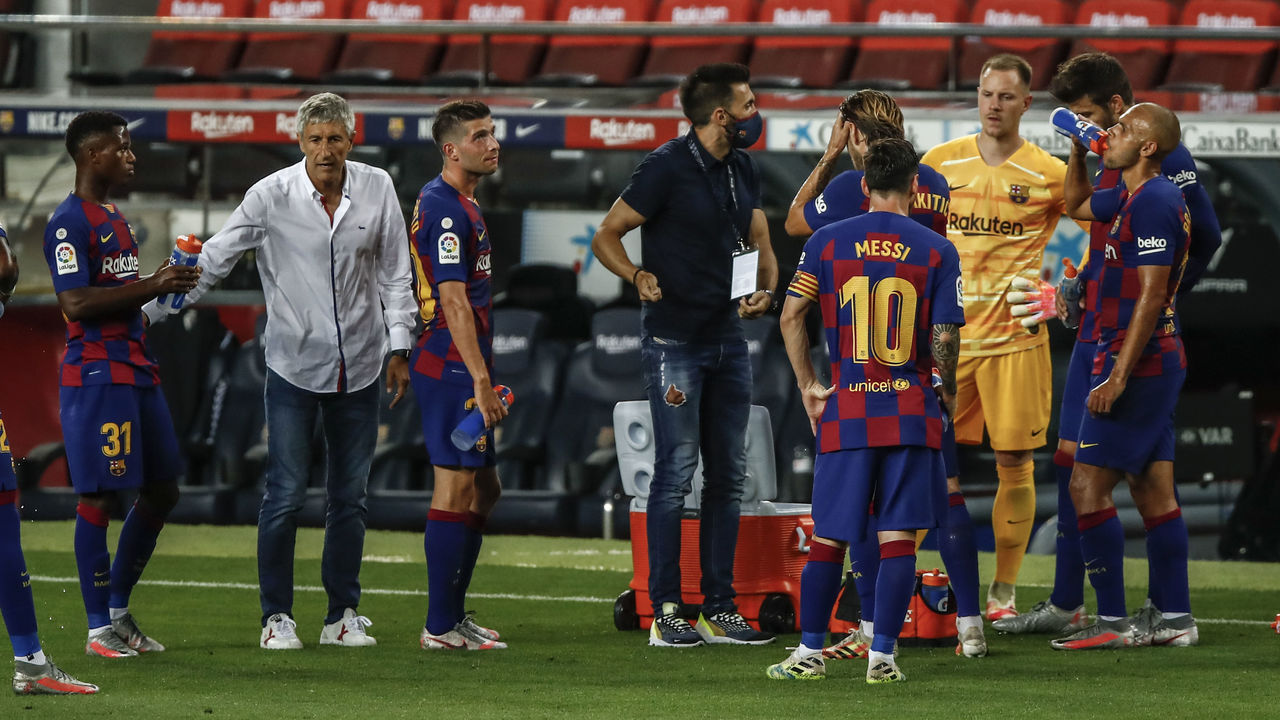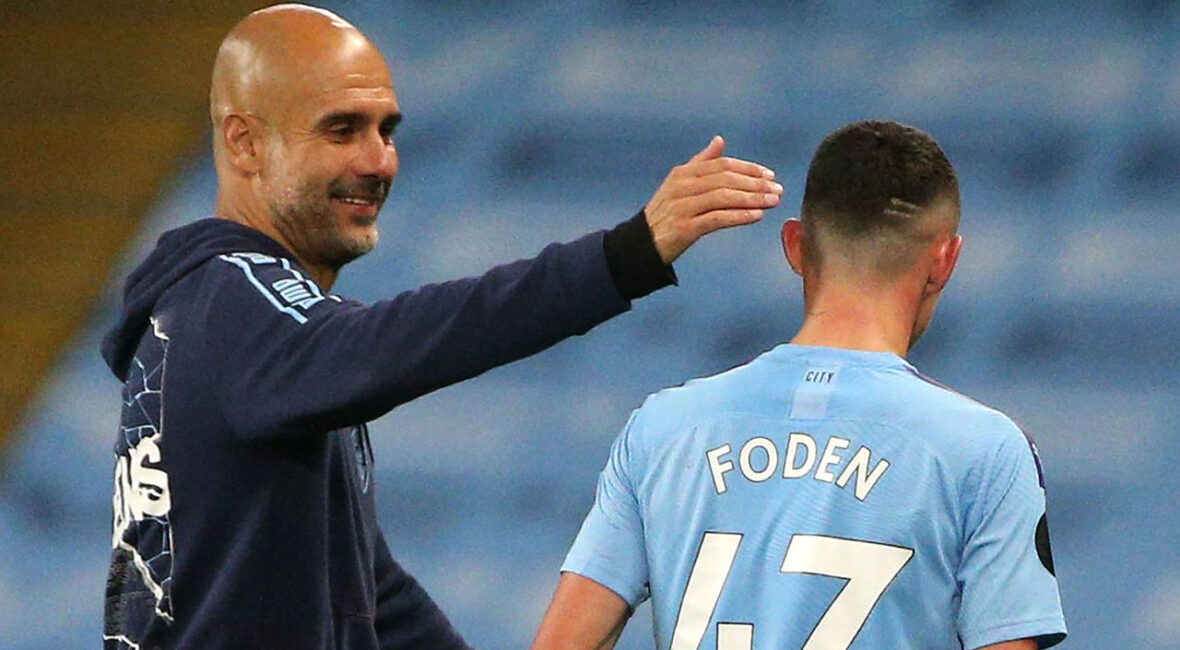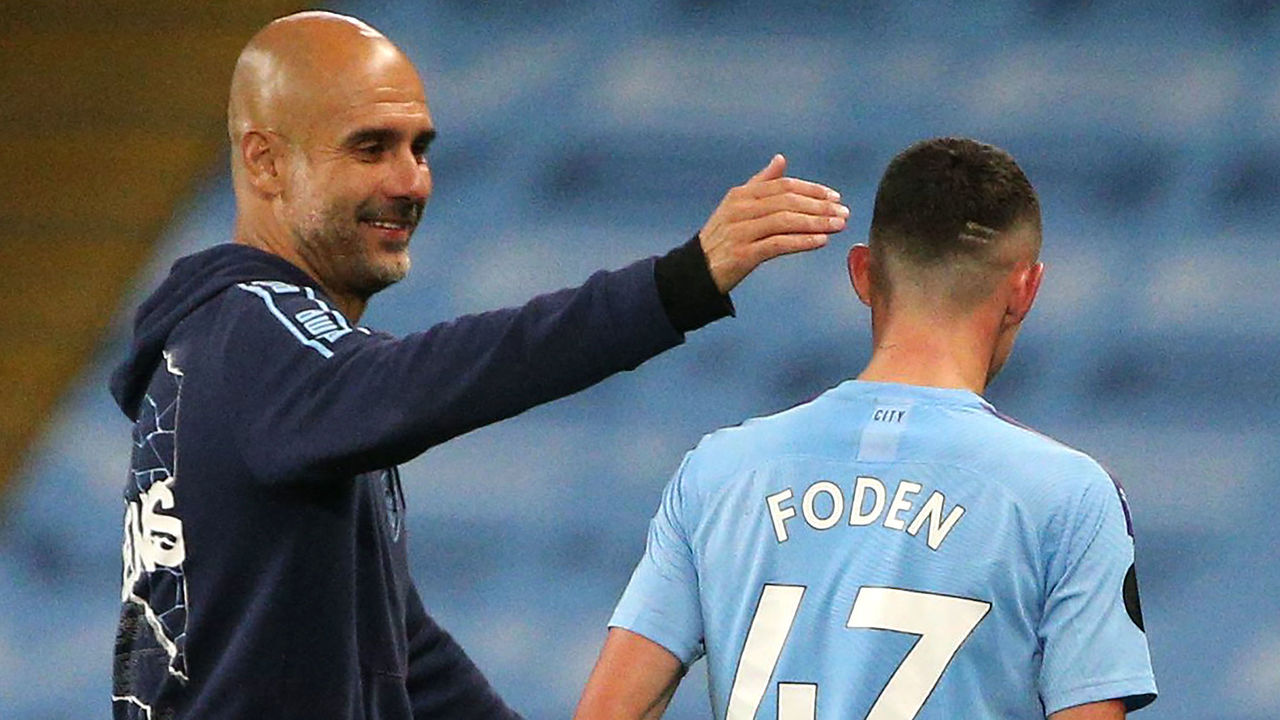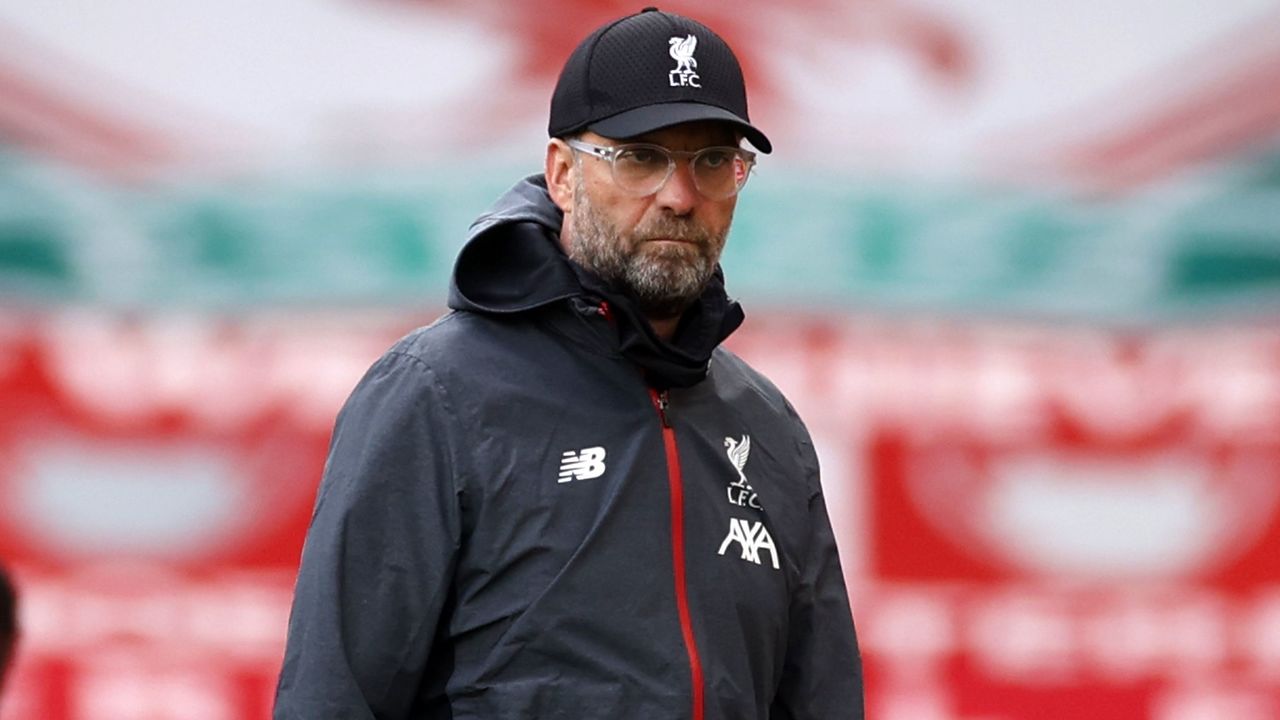The Ballon d’Or will not be awarded in 2020 due to the “strange” sporting conditions caused by the coronavirus pandemic, the event’s organizers, Group L’Equipe, said, according to The Associated Press’ Jerome Pugmire.
It will be the first time a footballer hasn’t been handed the prize since Blackpool’s Stanley Matthews won the inaugural Ballon d’Or in 1956. Megan Rapinoe took home the second-ever Ballon d’Or Feminin in 2019 while Lionel Messi collected his sixth Ballon d’Or.
“It’s such a strange year that we couldn’t treat it as an ordinary one. Let’s say that we started talking about (making the decision) at least two months ago,” Pascal Ferre, the editor of L’Equipe subsidiary France Football, told Pugmire.
“It isn’t a decision we took lightly but we had to accept it couldn’t be a normal or typical Ballon d’Or winner, and what really worried us is that it wouldn’t be fairly awarded.”
Ferre indicated the game’s modified laws and revamped calendar prompted by the coronavirus outbreak have harmed the integrity of the Ballon d’Or.
“The season started with certain rules and ended with other rules. In January and February, soccer was played in front of full stands. Then from May and June, it was with empty stands,” he explained.
“Then we had the five substitutes rule and not three. Then other changes happened in terms of the competitions, notably the final eight (eight-team knockout format) for the Champions League when it had started with home and away legs.”
Players’ performances in the abbreviated final rounds of the Champions League would’ve heavily influenced the award’s outcome with Euro 2020 and the Copa America both postponed due to the pandemic.
The Kopa Trophy and the Lev Yashin award – the prizes given to the best player under 21 and best goalkeeper, respectively – have also been canceled, Ferre confirmed. Players were not informed of the decision to cancel the awards before Monday’s announcement.
Ferre insists that the distinctions will be handed out in 2021 even if the coronavirus impacts the football season in the same way.
“It would be less of a problem in terms of fairness, because this time around we’ve had two parts to the season: normal and not normal,” Ferre said. “Imagine that in 2021 all matches are played behind closed doors (without fans) and with five subs. We would adapt, because it would be comparable.”
Ferre revealed a France Football Dream Team will be produced by the magazine’s jury of 180. The lineup will feature the greatest players in the sport’s history and will be released sometime in the fall.


